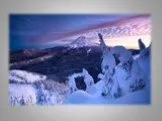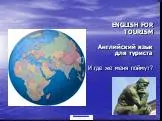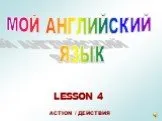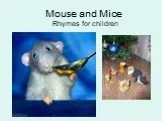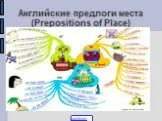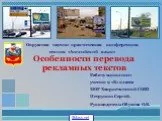Презентация "Климат" (8 класс) – проект, доклад
Презентацию на тему "Климат" (8 класс) можно скачать абсолютно бесплатно на нашем сайте. Предмет проекта: Иностранный язык. Красочные слайды и иллюстрации помогут вам заинтересовать своих одноклассников или аудиторию. Для просмотра содержимого воспользуйтесь плеером, или если вы хотите скачать доклад - нажмите на соответствующий текст под плеером. Презентация содержит 23 слайд(ов).
Слайды презентации
Список похожих презентаций
Климат Аляски
The Alaskan climate. The weather. Clothes. Fill:. Climate. Summers are cool with lots of rain. The average temperature in July from 10 ° C to 18 ° ...Американский Английский и Британский Английский: варианты одного языка или разные языки?
Актуальность проблемы. Сейчас многие люди задумываются над тем, независим ли Американский язык от Английского или он принадлежит к одному из вариантов ...Зачем изучать иностранные языки?
При приёме на работу. Продавец. Дипломат. Гид-переводчик. Программист. Предприниматели. Педагоги. Модели. Полиглоты. Полиглот – человек, владеющий ...Английский язык для туристов
Начнем в алфавитном порядке: Австралия. Англия. Голландия. Дания. Ирландия. Канада. Мальта. Новая Зеландия. Норвегия. США. И далее до…. Ямайки! Английский ...Английский язык для тинейджеров. Совершенствуй английский!
Весь мир говорит по-английски! Английский язык - один из самых распространенных языков мира: 1,5 миллиарда людей жителей Земли говорят по-английски ...Английский язык в фокусе
Подготовительный период (3 недели) Распределяли команды, тянули жребий, определяли порядок выступления, номер модуля. Приветствие детей, жюри, гостей ...Английский язык в деловой и межкультурной сферах общения
Цель: обучение основам делового общения в устной и письменной форме в типичных ситуациях (знакомство, разговор по телефону, корпоративная культура ...Английский язык в 1 классе
Актуальность темы:. Знание английского языка очень важно в современном обществе. Очень важно и продуктивно начинать обучение иностранному языку в ...Английский язык «Enjoy English»
Полностью завершен курс для 2-11 классов, который включает все компоненты и модули для обучения английскому языку на базовом уровне общеобразовательной ...Английский язык
Определение Условные предложения НУЛЕВОГО типа Условные предложения ПЕРВОГО типа Условные предложения ВТОРОГО типа Условные предложения ТРЕТЬЕГО типа ...Английский язык
В последние годы в связи с расширением международных контактов в наше окружение проникает все больше элементов иностранной речи, особенно английской: ...Английский язык
REFLECTION: What have you remembered on the lesson today? What was new for you? What lexical material have you memorized today? What information was ...Английский язык
Прогуляемся по Англии! 1 . Знаменитый магазин игрушек - Hamleys 2. Самая длинная река - Темза 3. Популярный парк - Hyde park 4. Самый старый мост ...Английский - самый популярный язык
Вряд ли кто знает ! И вряд ли кто-то знает, и даже может себе представить, что когда то английский язык был языком для черни, даже в самой Великобритании. ...Английский язык Экологические проблемы
Аннотация Проект выполнен на английском языке, что способствует развитию и совершенствованию коммуникативных навыков учащихся. Работа над проектом ...Гранжеры.Английский язык
One of the oldest subcultures is granžery, they emerged under the influence of the musical direction of grunge in the 1990-1991year. Its ancestor, ...Мой английский язык
One, two, three, four, Mary at the cottage door, Five, six, seven, eight Eating cherries off a plate. Выучите считалочку. 1 2 3 4 5 6 7 8. Один, два, ...Зачем нужен английский язык
В настоящее время английский язык изучают многие, прекрасно понимая, что знание этого языка необходимо. Очевидно, что зачем нам нужен английский язык ...Мой английский язык
Бегут спортсмены разных стран Бежать – запомни, будет run (ран). Шумит, ликует стадион При свете ярких ламп. Отлично прыгнул чемпион! А прыгать будет ...Иностранный языки в МГИМО
Языки в МГИМО. 20 кафедр филологического профиля 53 иностранных языка 650 преподавателей-филологов 20 научных школ по преподаванию иностранных языков ...Конспекты
Климат Англии
Муниципальное бюджетное общеобразовательное учреждение «. OO. Ш №5». муниципального образования «город Бугуруслан». Разработка урока по теме:. ...Советы как сделать хороший доклад презентации или проекта
- Постарайтесь вовлечь аудиторию в рассказ, настройте взаимодействие с аудиторией с помощью наводящих вопросов, игровой части, не бойтесь пошутить и искренне улыбнуться (где это уместно).
- Старайтесь объяснять слайд своими словами, добавлять дополнительные интересные факты, не нужно просто читать информацию со слайдов, ее аудитория может прочитать и сама.
- Не нужно перегружать слайды Вашего проекта текстовыми блоками, больше иллюстраций и минимум текста позволят лучше донести информацию и привлечь внимание. На слайде должна быть только ключевая информация, остальное лучше рассказать слушателям устно.
- Текст должен быть хорошо читаемым, иначе аудитория не сможет увидеть подаваемую информацию, будет сильно отвлекаться от рассказа, пытаясь хоть что-то разобрать, или вовсе утратит весь интерес. Для этого нужно правильно подобрать шрифт, учитывая, где и как будет происходить трансляция презентации, а также правильно подобрать сочетание фона и текста.
- Важно провести репетицию Вашего доклада, продумать, как Вы поздороваетесь с аудиторией, что скажете первым, как закончите презентацию. Все приходит с опытом.
- Правильно подберите наряд, т.к. одежда докладчика также играет большую роль в восприятии его выступления.
- Старайтесь говорить уверенно, плавно и связно.
- Старайтесь получить удовольствие от выступления, тогда Вы сможете быть более непринужденным и будете меньше волноваться.
Информация о презентации
Дата добавления:30 августа 2018
Категория:Иностранный язык
Содержит:23 слайд(ов)
Поделись с друзьями:
Скачать презентацию





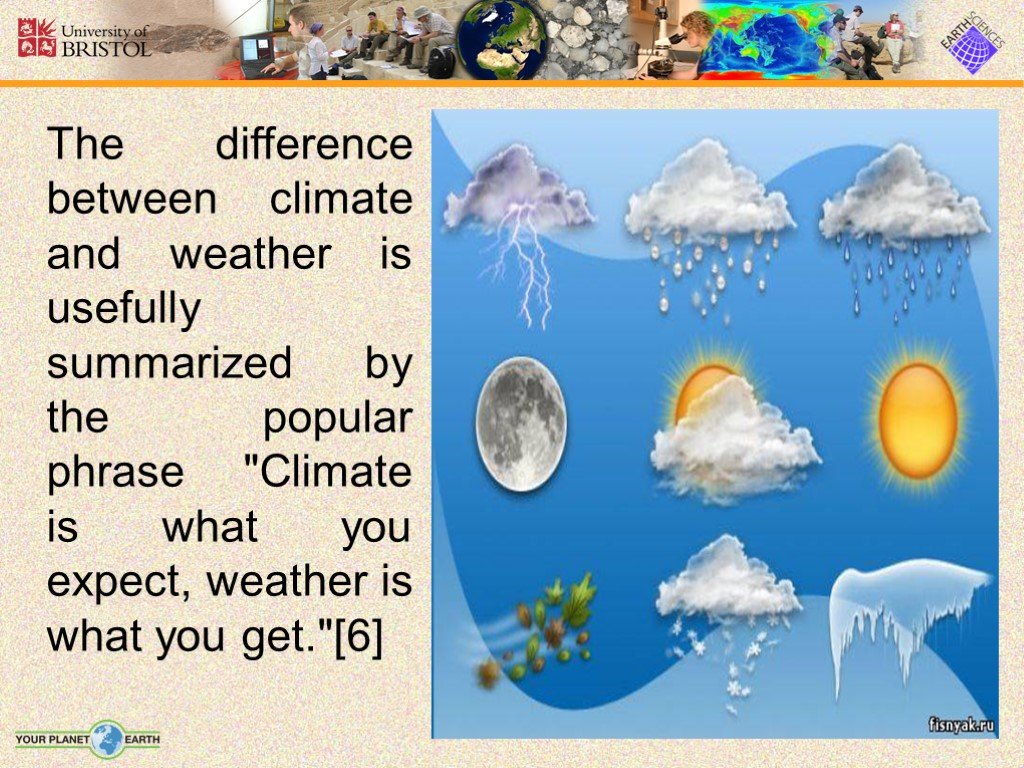
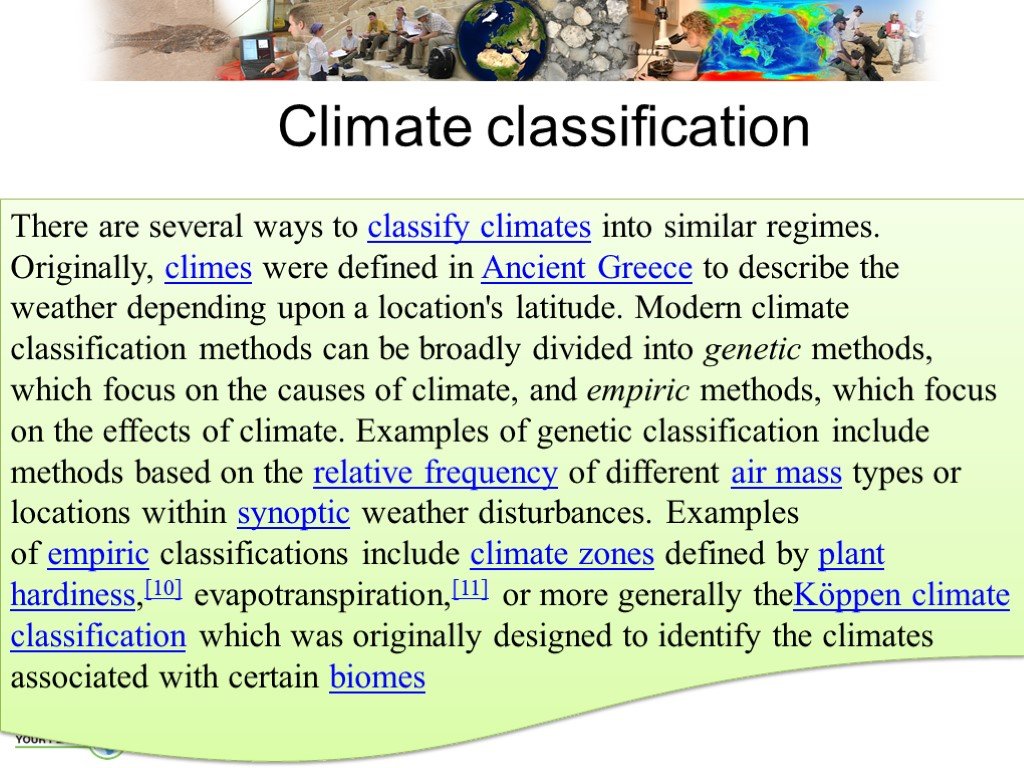
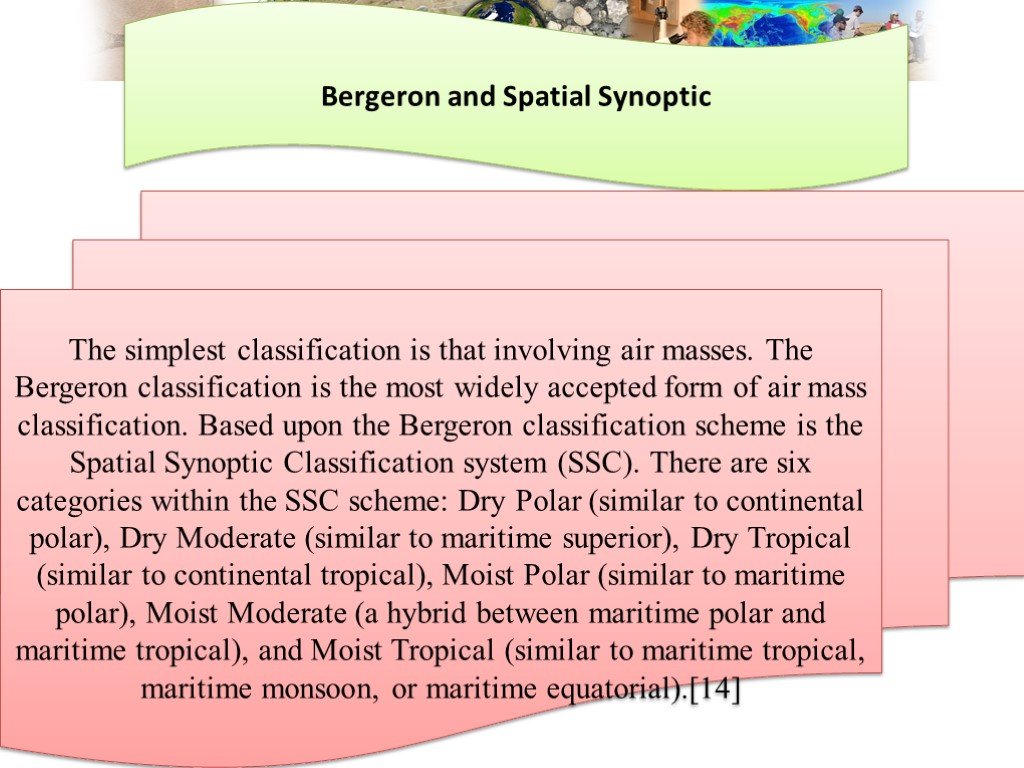
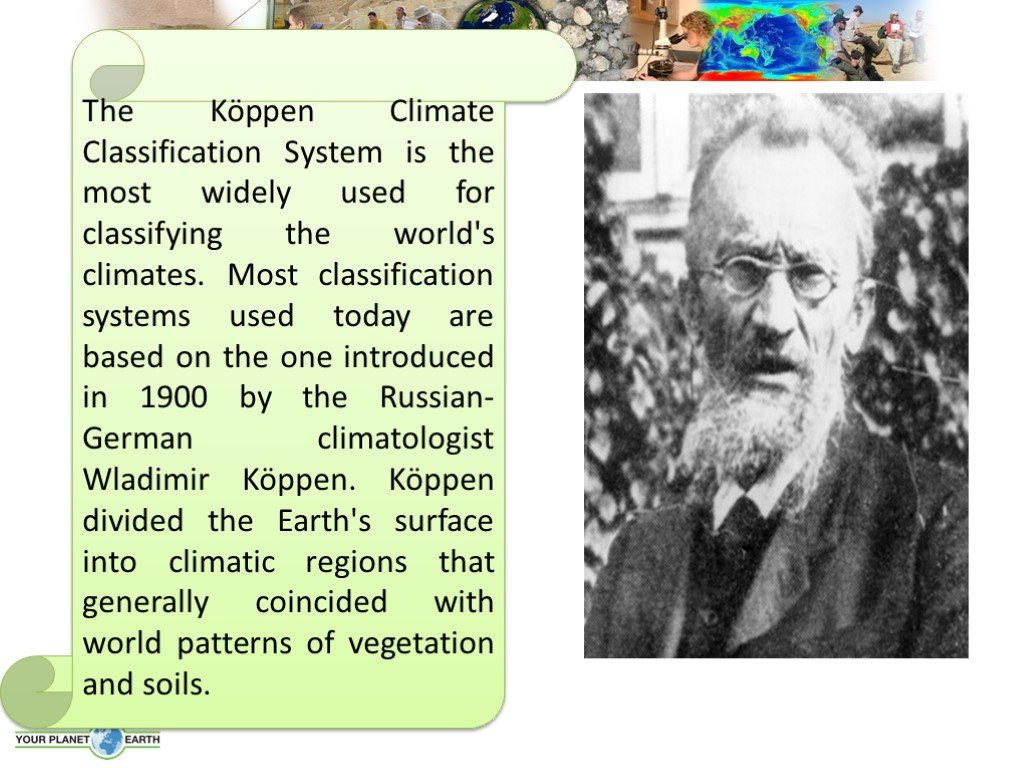
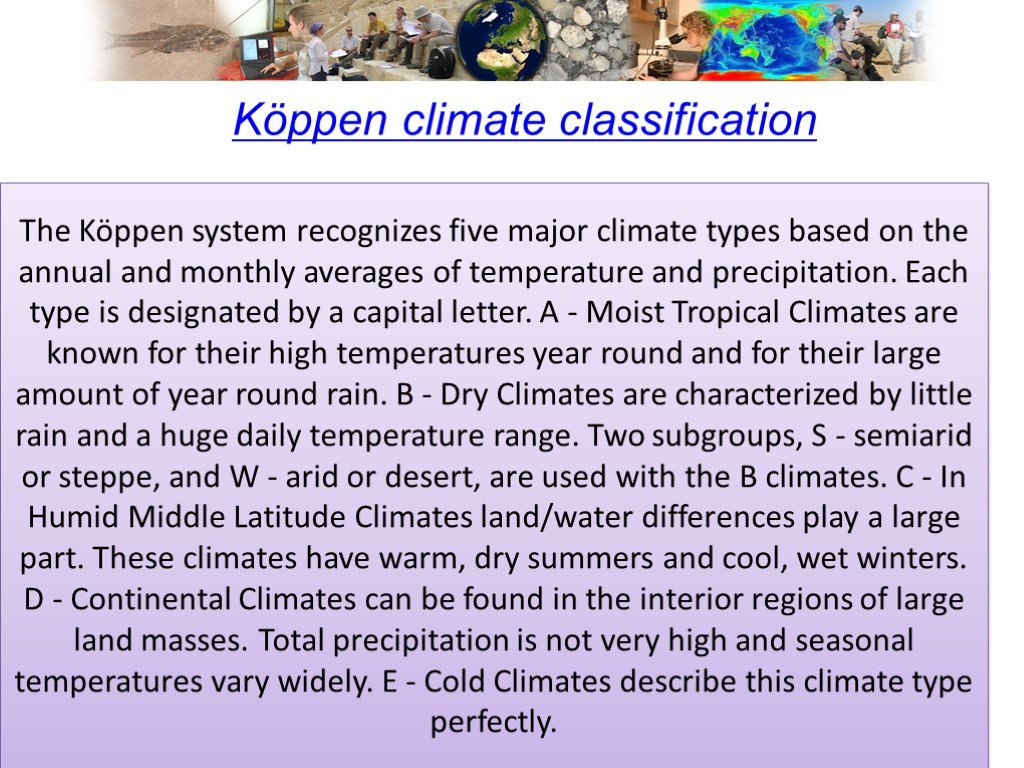
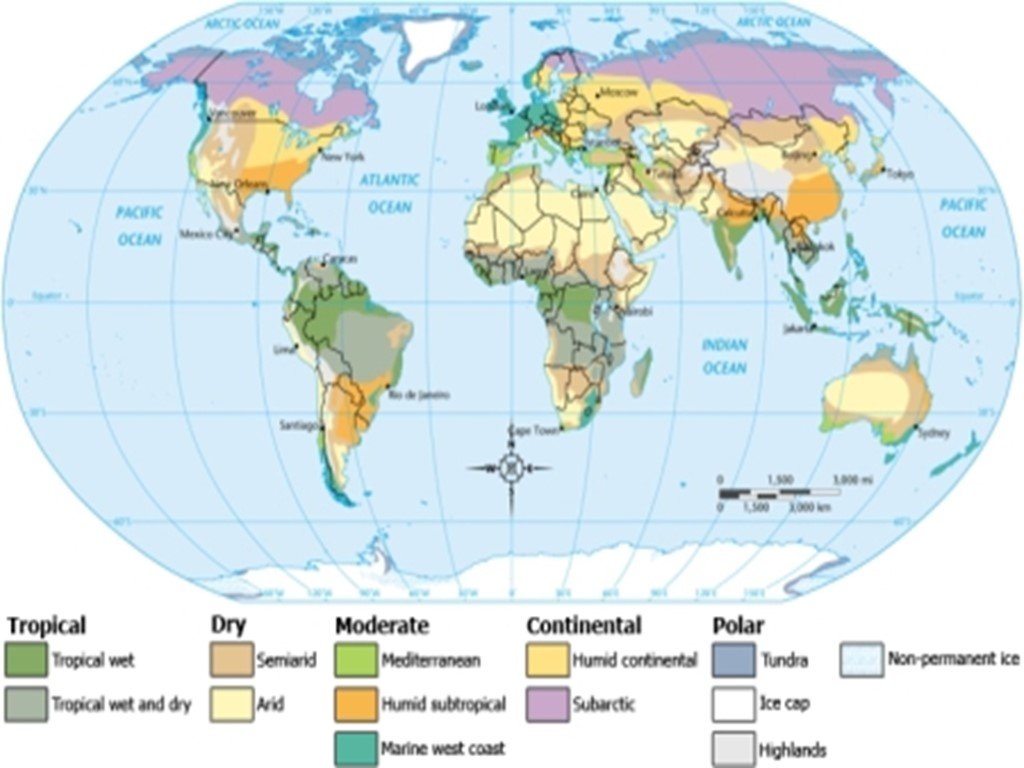
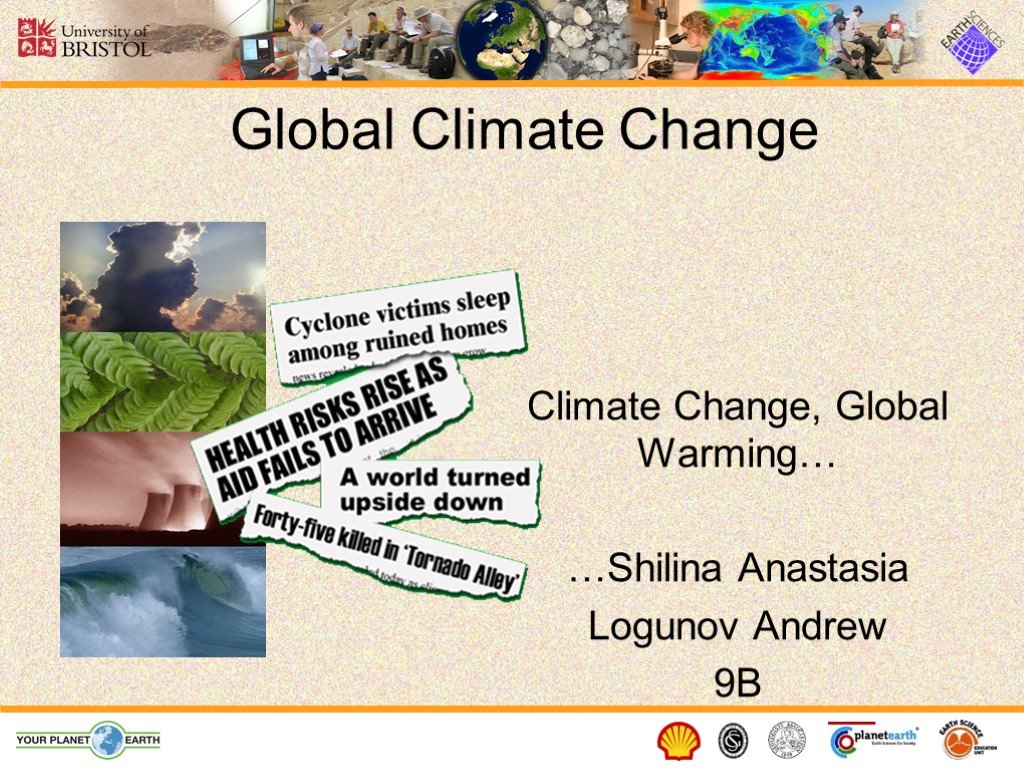
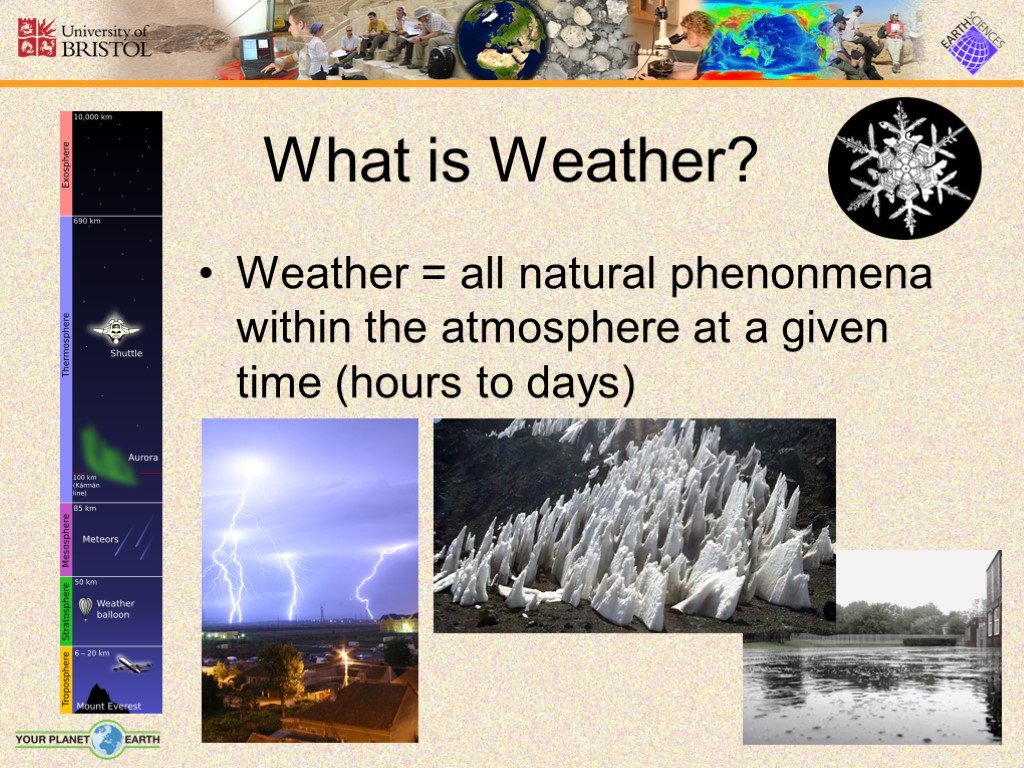
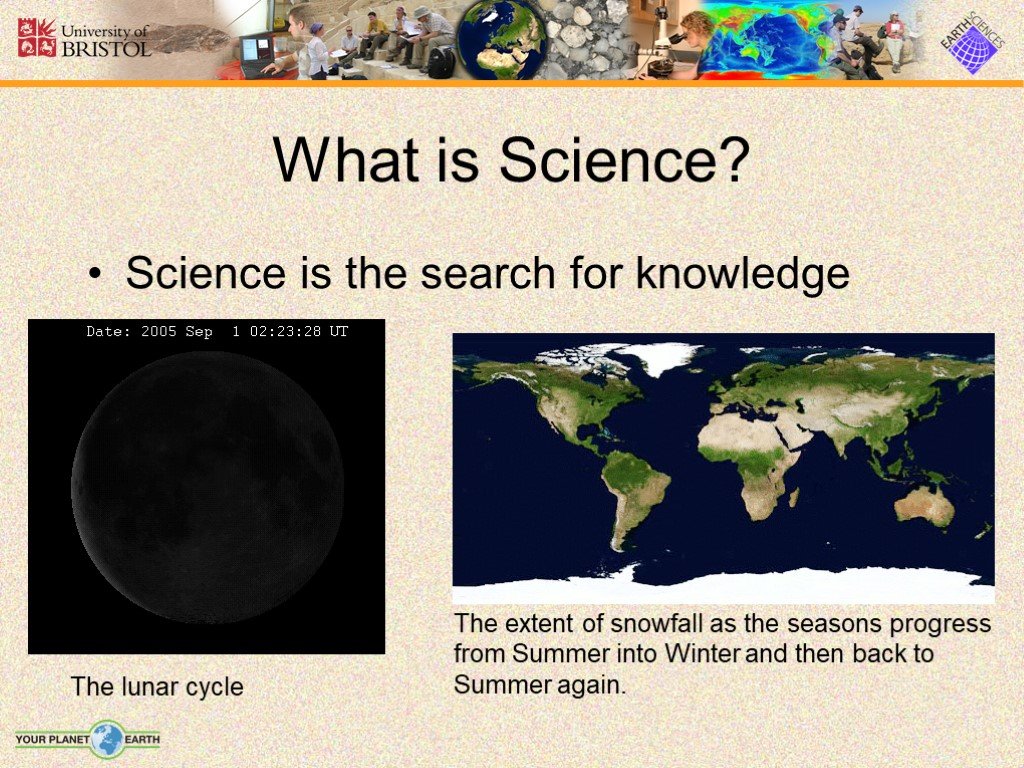
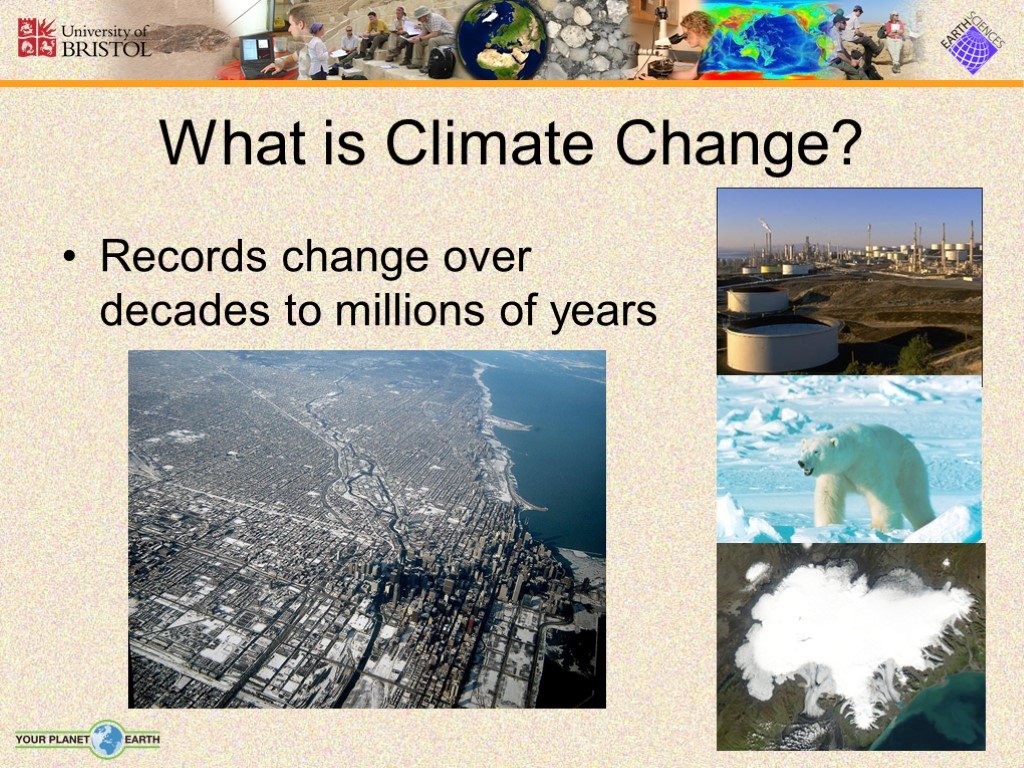
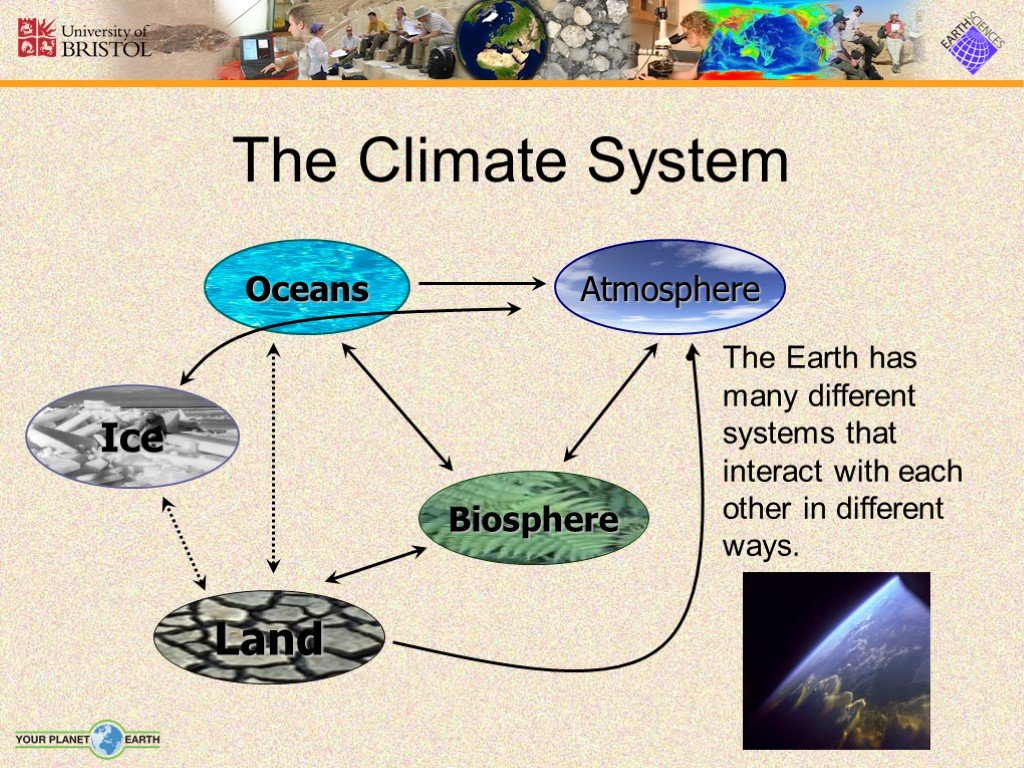
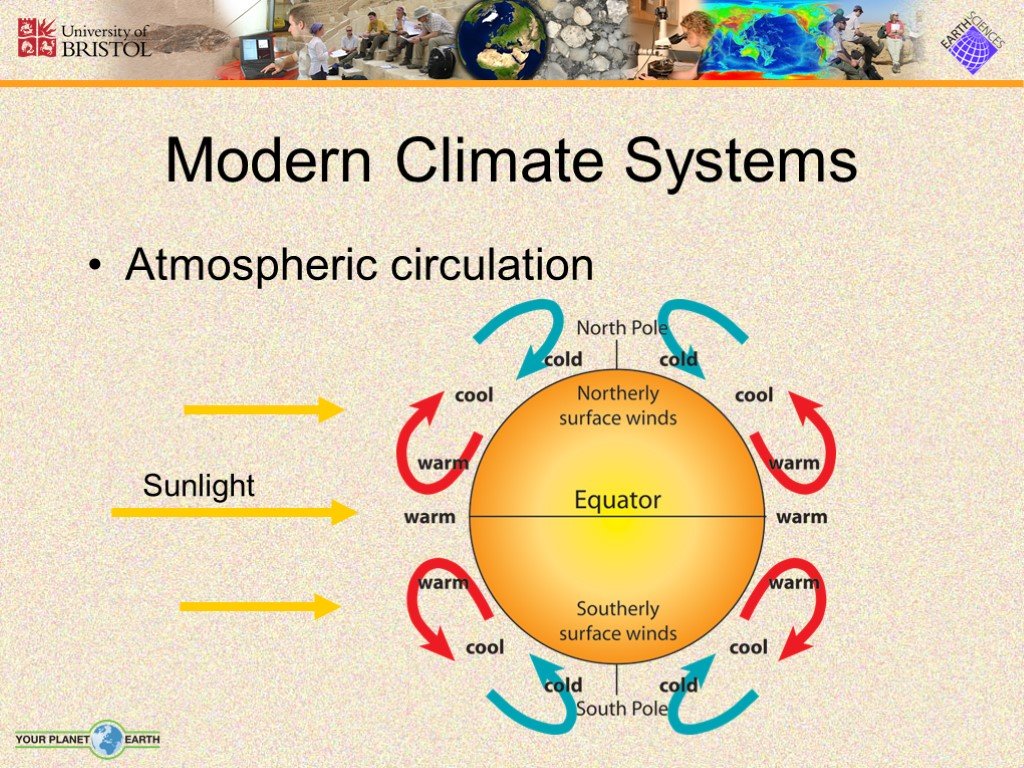
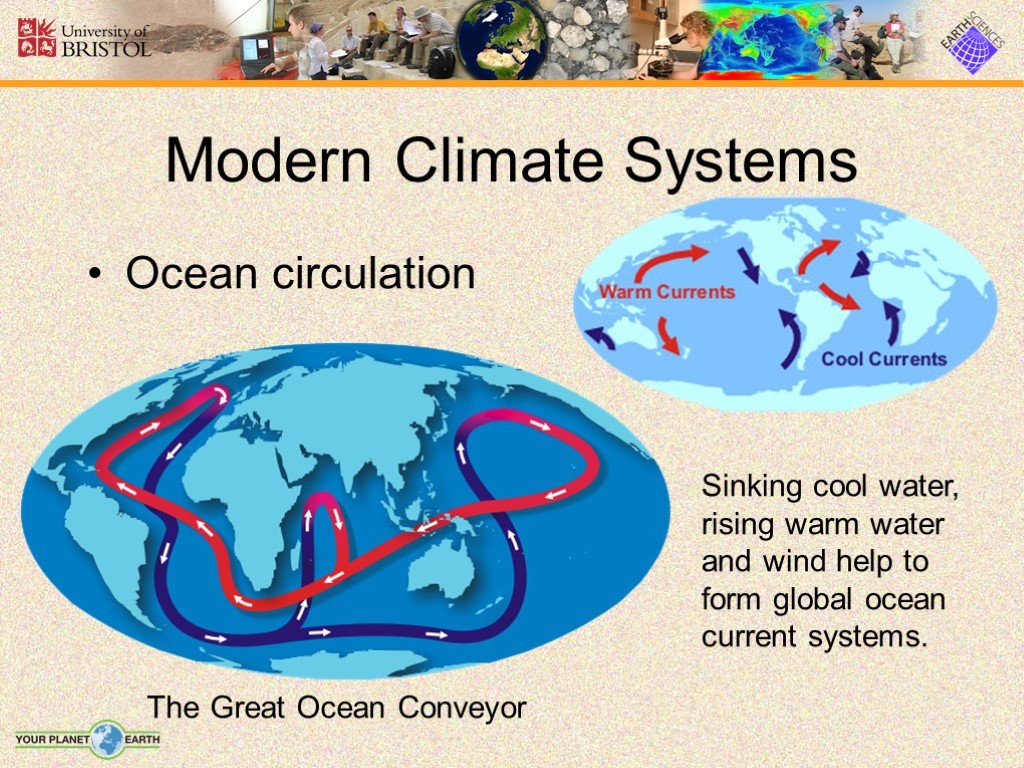
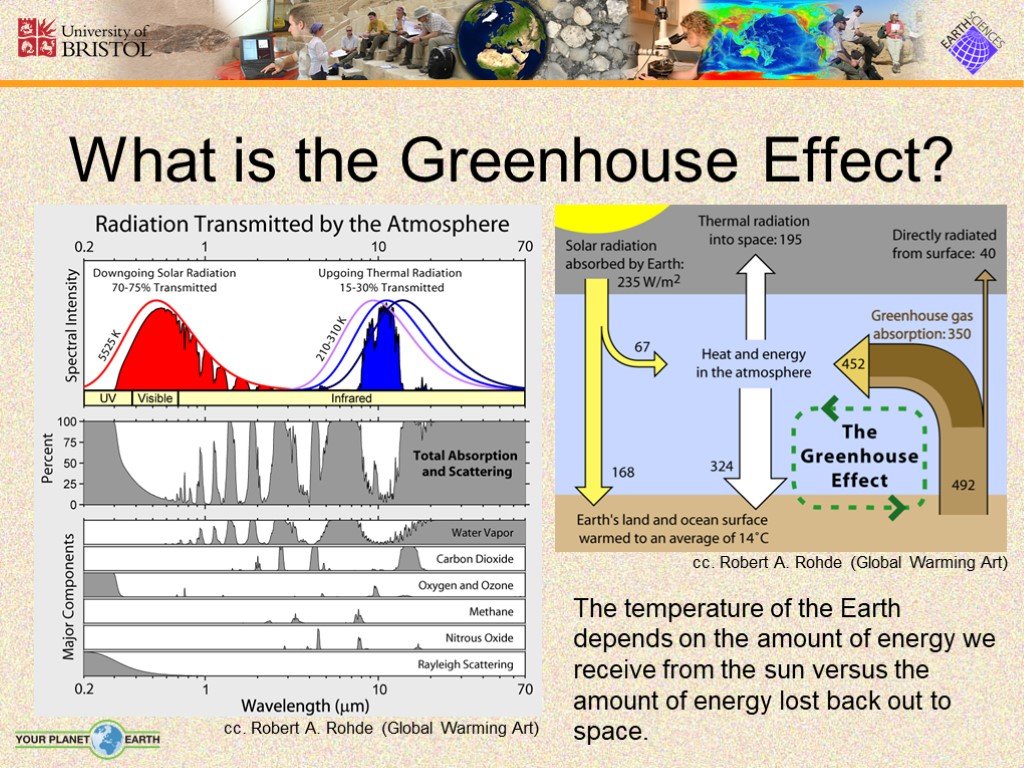
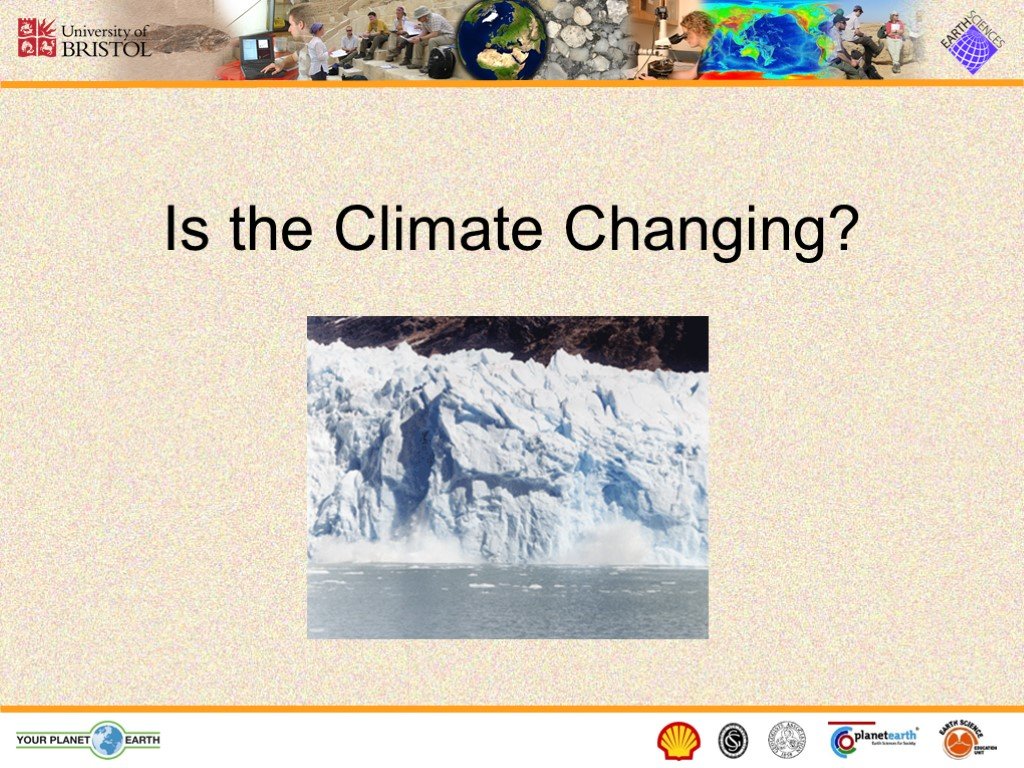
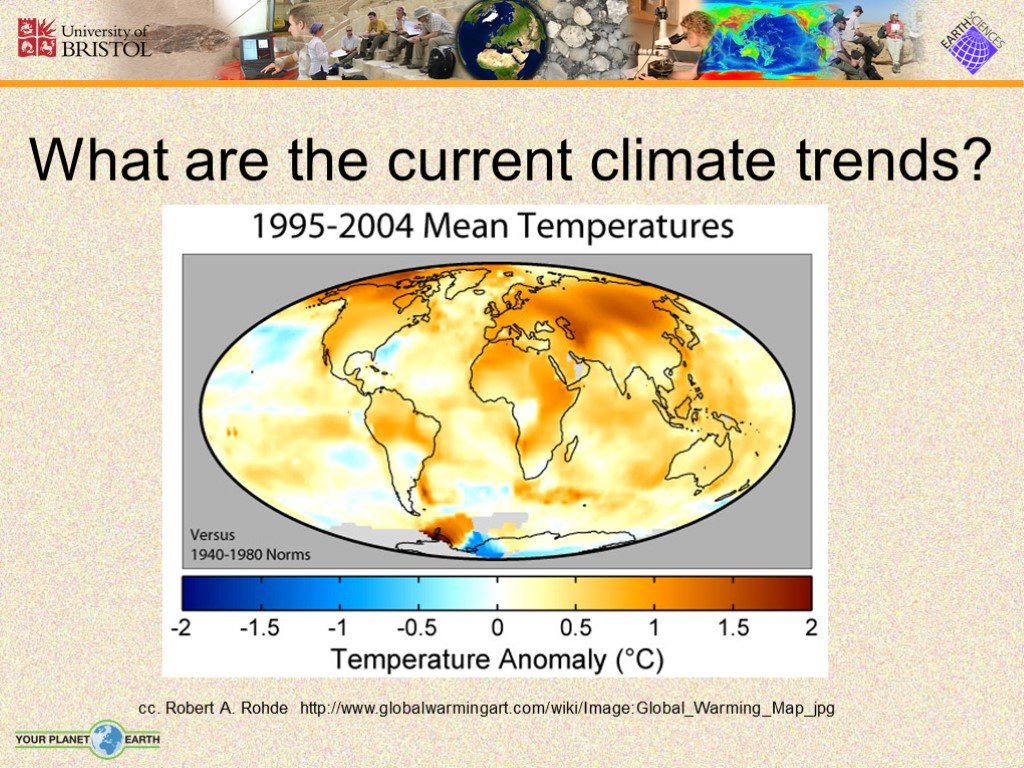
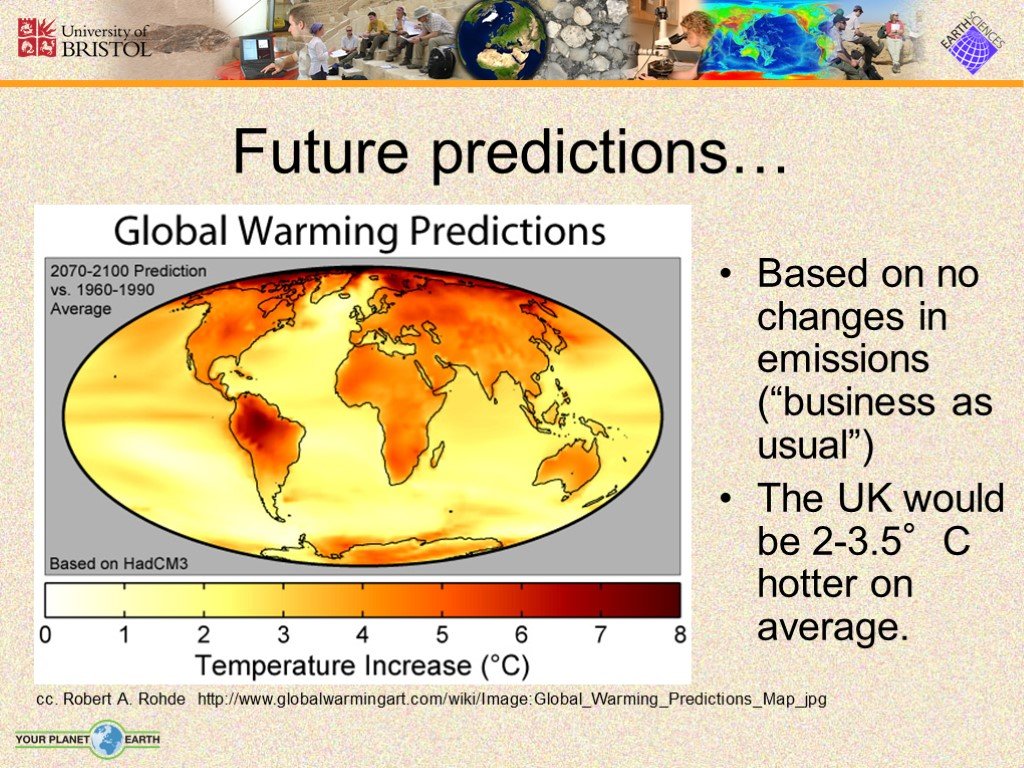
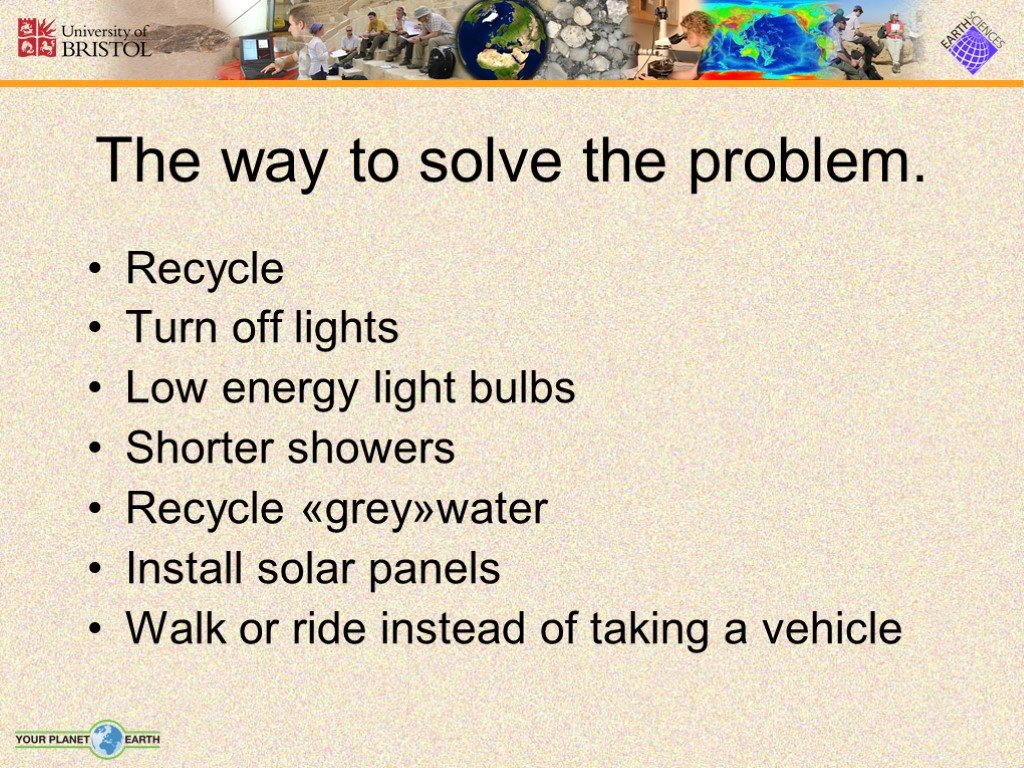
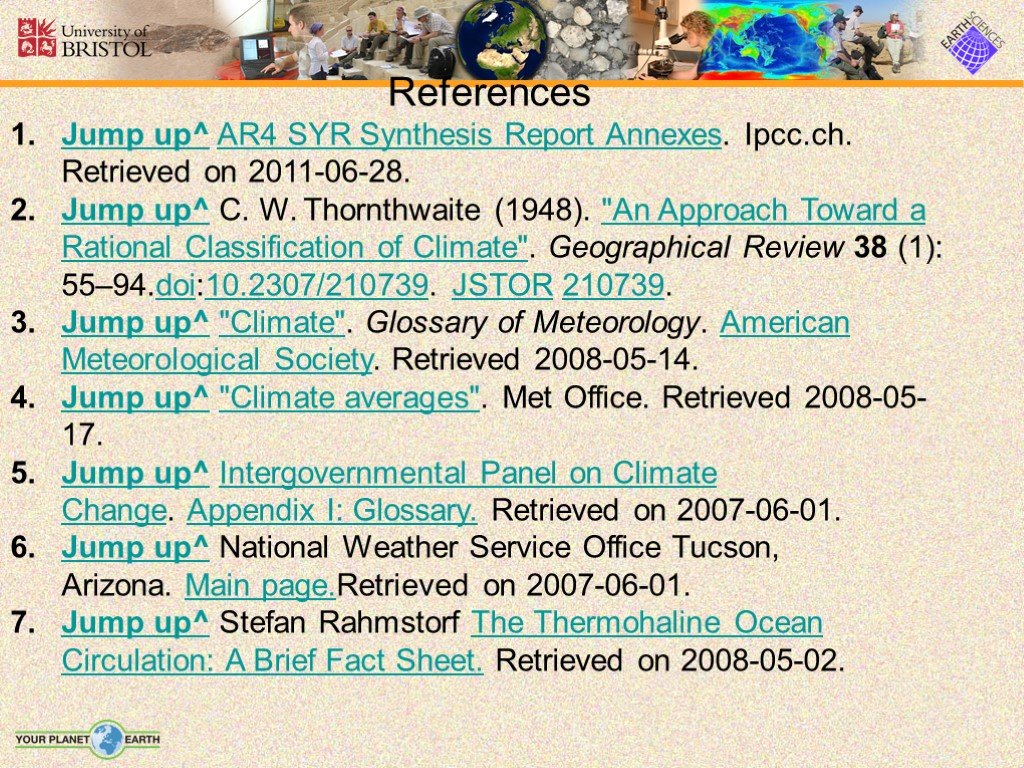




![The difference between climate and weather is usefully summarized by the popular phrase "Climate is what you expect, weather is what you get."[6] The difference between climate and weather is usefully summarized by the popular phrase "Climate is what you expect, weather is what you get."[6]](https://prezentacii.org/upload/cloud/18/08/71391/images/thumbs/screen5.jpg)

















